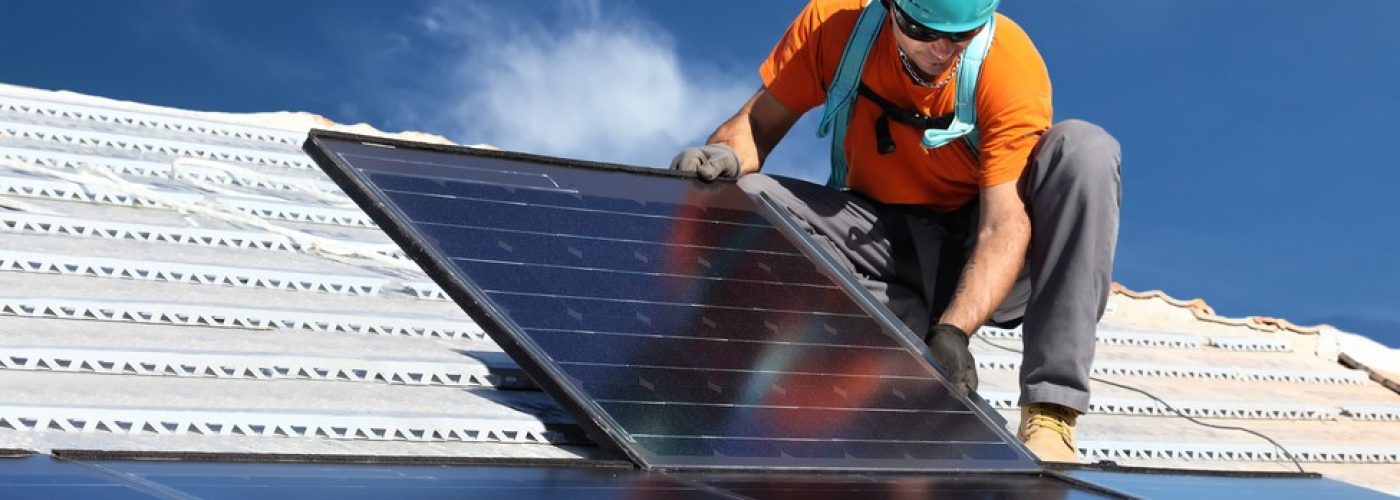Hundreds of stakeholders call for urgent action to stabilise UK solar
Proposal leaves UK consumers with much weaker rights than other European citizens
The STA today publishes an open letter to Energy Minister Claire Perry calling on her to urgently confirm the continuation of the ‘export tariff’ from next April. The ‘export tariff’ is not a subsidy but a mechanism that works alongside the Feed-In Tariff to ensure small solar generators are paid at a fair market rate, for the power they feed into the grid. The letter has been signed by over 200 diverse organisations, representing cutting edge ‘smart’ technologies, innovative suppliers, academics, major NGOs, youth groups, city leaders, faith groups, farmers & land owners, as well as leading lights in the solar & battery storage industries.
STA Chief Executive Chris Hewett said; “The latest Government proposals for solar power are creating shock waves well beyond the solar industry. Nobody can fathom how Government can contemplate leaving households and small organisations as the only generators left unpaid for the valuable power they put into the electricity network. We are asking the Energy Minister to act quickly and promise to maintain the export tariff & to uphold the basic rights of a market.”
The letter is published as the Government closes one of its consultations on the Feed-in-Tariff. The solar industry currently faces huge policy uncertainty when the FiT ends next March. That is despite a recent survey by Client Earth, one of the signatories to the letter, showing 62% of UK homes want to install solar & 60% want to install battery storage. [1]
The proposal to remove the fair export payment flies in the face of new EU legislation that will enshrine the rights of ‘prosumers’ (households & organisations that generate, as well as consume power) across Europe to be paid at a fair market rate for the clean solar power they inject into the electricity network. If the UK removes this payment, UK homes, farmers, community organisations and small businesses will be the only groups generating electricity who are not paid for their power. Other generators spilling onto the network have been paid at a higher rate that the export tariff in 2018. If small generators are forced to spill their energy onto the grid for free they will effectively be subsidising the big players in the power industry – a scenario that even major suppliers, like E,On and Ovo Energy have rejected as signatories to the letter.
James Watson, Chief Executive of SolarPower Europe said;
“We are astonished that the UK could propose ending payments to householders for their clean power just as Europe moves to secure the rights of all its citizens to fair payment. Such poor treatment of British small scale energy consumers will harm public engagement in solar, at a time when we need to increase the uptake of clean energies, and will put the UK public at a huge disadvantage compared to other EU countries.”
The proposal also comes when UK solar deployment is at an eight-year low and the industry urgently needs Government to provide a fair and level playing field for the technology. Deployment of solar in the UK has fallen by 95% in 2018 compared to 2015, as it has been hit with a series of damaging tax changes alongside the removal of support.
Leo Murray, Director of Strategy at 10:10 Climate Action said:
“The Feed in Tariff has been the most popular and successful British climate change policy ever implemented, empowering hundreds of thousands of citizens and communities to help tackle the defining challenge of our time. Scrapping it with no form of replacement doesn’t just mean locking the public out of the renewables revolution, it risks derailing it altogether.”
The letter instead asks Government to not only maintain the fair export tariff, but remove a series of regulatory barriers which are currently preventing a market for local flexibility services and exported power to flourish.
Chris Hewett added, “It is vital for Government to ensure households and small businesses are taken on a clear & secure journey in the emerging smart energy system. It is not too late for some really positive policies given the potential of smart homes and businesses to save the system and our economy billions of pounds compared to business as usual. Removing illogical barriers to the 830,000 solar homes in the UK to installing battery storage and smart meters is also an easy win.
“Let’s be clear; we are not asking for subsidy. We are asking for fair treatment for the everyday people and businesses who want to invest in clean power to do something really meaningful to help tackle climate change. Government must support their efforts.”





